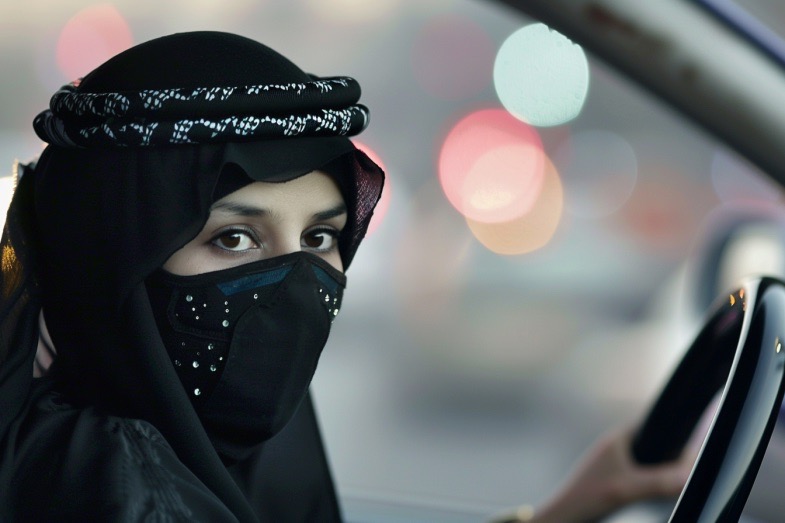India’s Supreme Court Ruling on Stray Dogs
In a landmark decision, India’s Supreme Court has modified its previous order regarding the handling of stray dogs in Delhi and its suburbs, following intense backlash from animal welfare groups.
The three-judge bench now mandates that strays must be vaccinated and sterilised before being released, with exceptions made for dogs with rabies or aggressive behavior, who will be kept in shelters.
Furthermore, the court has prohibited the feeding of stray dogs in public spaces, instead ordering the establishment of dedicated feeding areas.
Concern Over Rising Stray Dog Population
On 11 August, a two-judge bench expressed alarm over the increasing incidents of dog bites and rabies in Delhi and its surrounding areas, where the stray dog population is estimated to be one million.
India currently accounts for 36% of global rabies-related deaths, prompting the Supreme Court to take action to address the issue.
Supreme Court’s Revised Directive
Following protests, the Supreme Court has now ruled that non-aggressive, non-infected dogs can be released back to their capture site after vaccination and sterilisation.
The court also allows animal lovers to apply for adoption of strays, but prohibits their return to the streets.
Future Policy and Response
The Supreme Court plans to develop a national policy on stray dogs based on pending cases in various states, a move welcomed by animal welfare groups.
Alokparna Sengupta, director of Humane World for Animals India, praised the ruling as “balanced, structured, and compassionate,” but called for clear criteria to identify aggressive dogs to prevent misuse of the court’s order. – BBC



